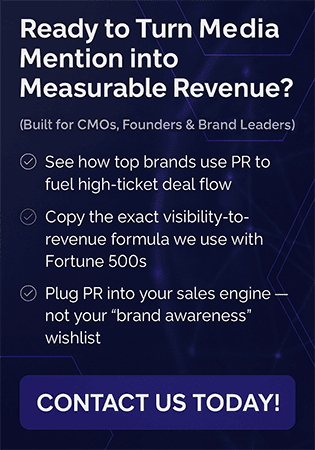Congratulations! You’ve made it to the final installment of our five-part series on business to business internet marketing. We’ve already covered B2B social media marketing, B2B content marketing, B2B email marketing, and digital public relations. Today, we’ll be focusing on B2B search engine optimization.
Here’s the thing. Even though we’ve been handling each aspect of B2B separately, the truth is, they’re all interconnected. You can’t optimize for search engines without content. You can’t have effective digital public relations without SEO. See? Connected.
SEO is the simply last puzzle piece in your B2B online marketing strategy. Each piece so far has been a super important part of the puzzle – but they all need to be snapped into place along with all the others, or else none of the pieces will be able to do their jobs well. So let’s get this puzzle finished!
Once again, B2B SEO is slightly different from B2C SEO. Why? Because the purpose of search engine optimization is to bring the right people to your site. So if you want to attract moms who are searching online for swim lessons for their kids, you’re going to need to optimize your site so that those specific people can find you on Google. But if you want to attract pool maintenance techs who are searching for ways to go green with their pool chemicals, you need to optimize so that you come up in those people’s search results.
So how do you go about doing this? That’s what today’s guide is all about.
1. Identify your target audience. Just as we explained above, this is vital. Who are you trying to attract to your site? What sorts of things will they be looking for online?
2. Do some keyword research. First, you’ll need to come up with a list of keywords that you would like associated with your website. Google Keyword Planner is the place to go for this step. If your business puts on fundraisers, for example, you would enter “fundraising” into the Keyword Planner’s search box, and you would get a list of keywords that people actually search for having to do with fundraising, like “high school fundraising,” or “charity fundraising ideas.” You’ll even see how often those terms are searched for, which will give you a great idea of which ones would be most effective.
3. Optimize your site for those keywords. Now it’s time to put those words to good use. On every page of your site, your content should include a few of those keywords. The title of each page should also include the most relevant keyword. Every installment of your blog should include keywords. BUT – just as importantly, don’t go overboard with keywords. If you over-optimize your site, stuffing it with keywords, Google will think it’s spammy, and your efforts will have the opposite effect from the desired one.
4. Use links with keywords. Links are another great way to boost your rankings in search engines. Link from one blog post to another, or from your blog to a page on your site dealing with a subject in more detail. And as the anchor text for these links, use your keywords. This will give them extra oomph in the eyes of Google. When you reach out to other bloggers and other industry sites in your digital PR efforts at link building, you should do the same – any link to your site they agree to should have your keywords as its anchor text.
5. Rinse and repeat. SEO is an ongoing process. You’ll want to make sure that you are always up to date on the latest developments from Google, and that you’re always in the know when it comes to which keywords will be most effective for you.
It’s a lot of work to keep up with all the various aspects of B2B internet marketing. If you think you’d like an experienced helping hand to take the reins for you, give us here at Zen Media a call! We’d be happy to help with all of your online B2B marketing needs.




